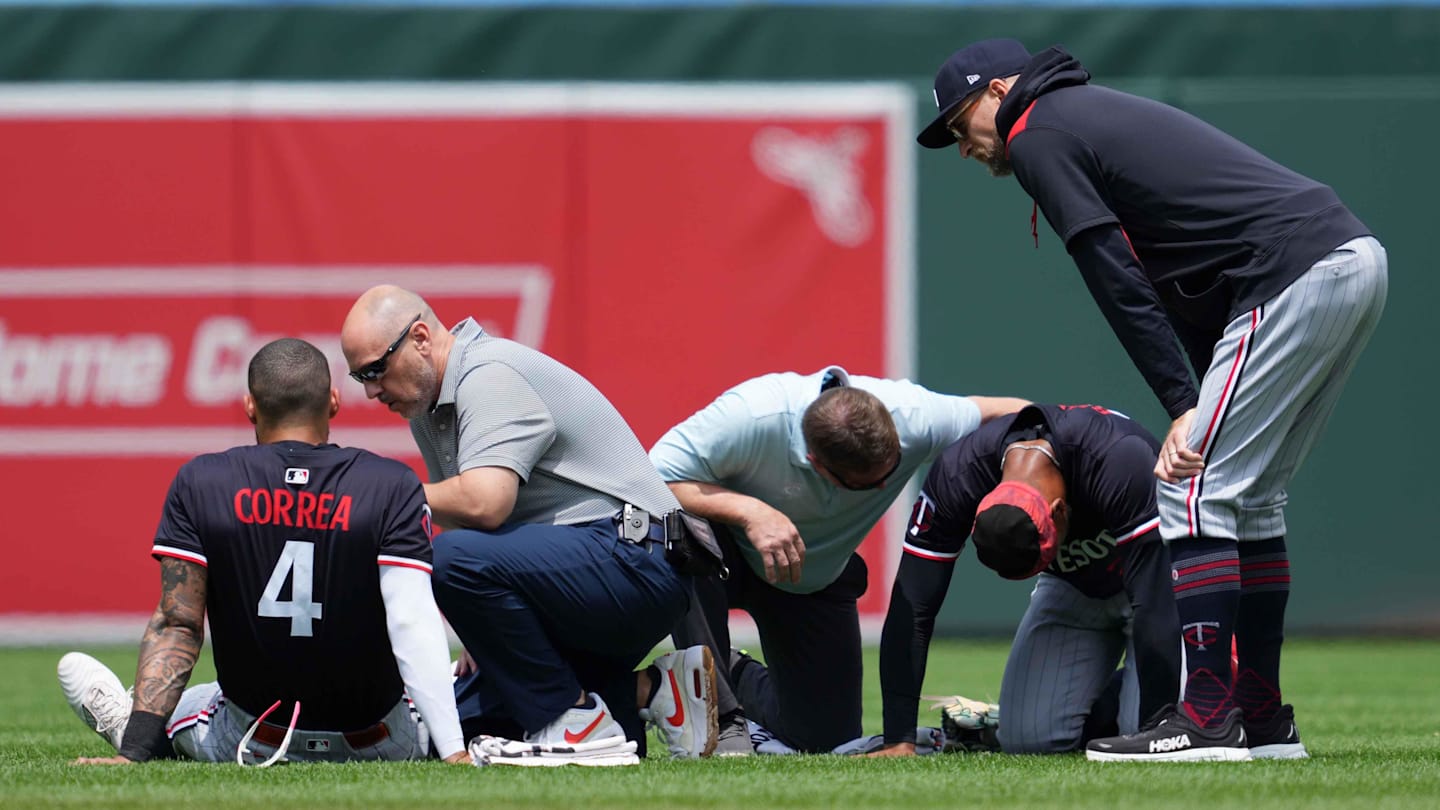WHO in the Balance: How the US Withdrawal Threatens Global Health Efforts
)
The World Health Organization (WHO), a cornerstone of global health security, is facing a period of unprecedented uncertainty following the United States' decision to withdraw. What began as an announcement by President Trump in January has spiralled into a complex situation, marked by budget cuts, staffing reductions, and disruption to numerous international agreements. But what does this mean for global health, and how is the WHO adapting to this seismic shift?
A Rapid Unravelling: The Initial Impact
The US withdrawal, initially signaled through directives and subsequent aid cuts, wasn't a singular event. It was part of a broader pattern of America distancing itself from multilateral institutions under the Trump administration. The abrupt nature of the announcement sent shockwaves through the WHO, forcing immediate and difficult decisions.
Preparing for the Inevitable: Cuts and Restructuring
Since January, WHO staff have been working tirelessly to mitigate the impact. This has involved painful measures, including streamlining management structures, reducing budgets, and reassessing priorities. The scale of the challenge is immense; the US is historically the WHO's largest single donor, and the loss of this funding creates a significant void.
Beyond Finances: The Damage to Global Cooperation
The implications extend far beyond just financial losses. The US withdrawal undermines the very principle of international cooperation in addressing global health crises. The WHO plays a vital role in coordinating responses to pandemics, providing technical assistance to countries, and setting global health standards. A weakened WHO is less equipped to face these challenges effectively.
The Current Landscape and Future Prospects
While the US withdrawal creates significant hurdles, it's not a death knell for the WHO. Other nations and philanthropic organizations have stepped up to fill some of the funding gaps, but sustained support is crucial. The WHO is actively seeking to diversify its funding sources and strengthen partnerships with regional organizations and civil society groups.
Looking Ahead: A Post-US WHO
The long-term impact of the US withdrawal remains to be seen. However, it presents an opportunity for the WHO to reassess its own structure, governance, and funding models. It also highlights the importance of a robust and collaborative global health system, one that is less reliant on any single nation. The world needs a strong WHO now more than ever, to navigate emerging health threats and build a healthier future for all.
What's Next? The WHO is focusing on securing alternative funding, strengthening its partnerships, and continuing its vital work in disease surveillance, outbreak response, and health system strengthening. The organisation’s resilience and adaptability will be key to overcoming this challenge and remaining a vital force in global health.






